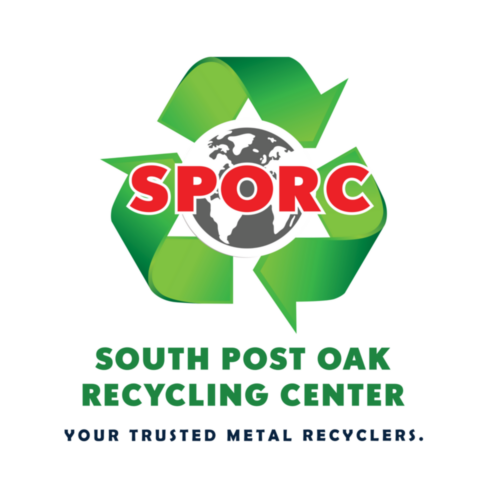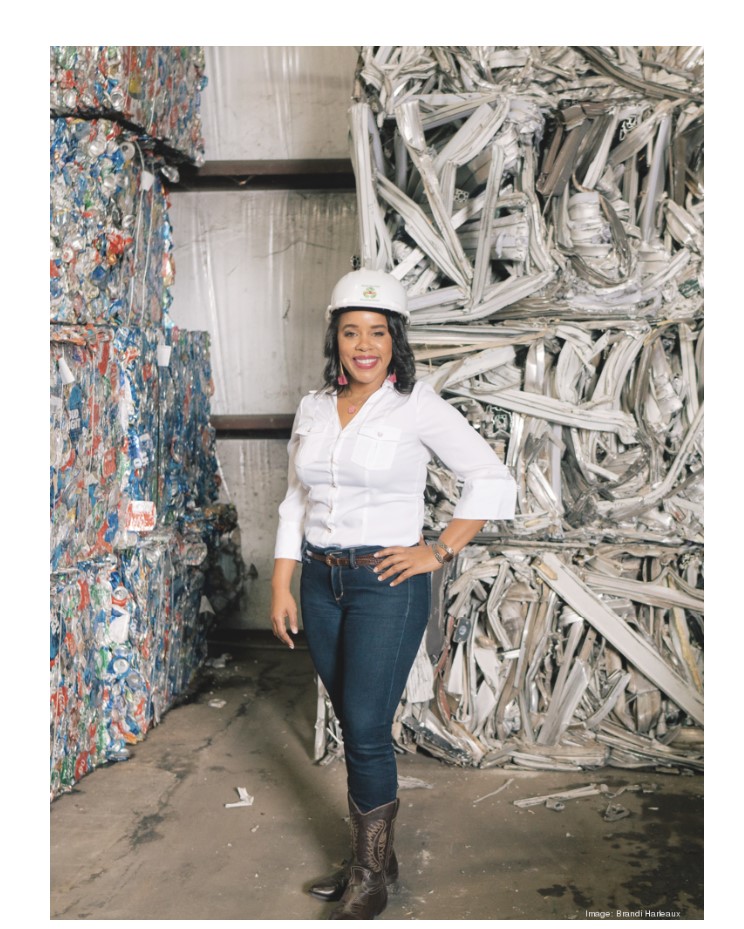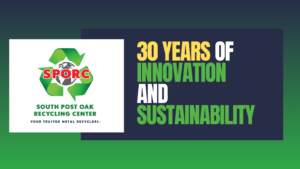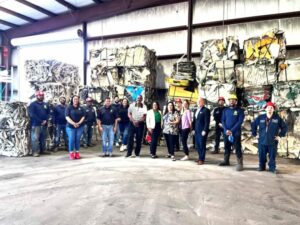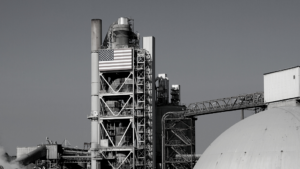When most people think of the word “recycling,” the first thing that comes to their mind is the green bin they put on the curb or a narrow scope of recycling that only includes paper and plastic. However, curbside recycling only covers about 30% of all recycling. The other 70% is commercial metal recycling that industrial businesses play a major role in.
Have you ever wondered what happens with material post-production? Instead of throwing away used, obsolete or surplus metal, industrial businesses and manufacturers have the option of selling it to metal recyclers. Not only can they earn money by selling their scrap metal, but that same metal can be created into new metal. In fact, a large portion of metal used by manufacturers is made of recycled ferrous and non-ferrous metals. For example, did you know that more than half of all aluminum consumption by manufacturers in the United States comes from scrap?
You may be wondering what counts as scrap metal and will probably be surprised by how many things count. First, you can sell any parts that have become obsolete as scrap metal. Although they may no longer serve their original purpose, they will not go to waste if they are recycled. Something else that can be considered scrap is any surplus metal that a company is trying to clear out. Instead of putting it in the trash, scrap metal recycling is another option. One last example of scrap metal is any damaged parts. For example, instead of throwing away a damaged circuit board, someone could sell that as scrap metal.
The process of recycling ferrous scrap metal is shown above using the example of an old car turning into new steel for a bridge. Businesses only have to decide what metal they want to sell, and metal recyclers take care of the rest. After buying the scrap metal from businesses, recyclers inspect the metal and get rid of any potentially hazardous material. Then, the metal is fed through a shredder to make it easier for recyclers to sort by type of metal. Finally, recyclers sell the shredded metal to a steel mill, where new steel is created for another product.
Although the sample above focused more on the cycle for ferrous metal, nonferrous metals like lead-acid batteries, aluminum, compressors and motors can also be recycled. Unlike ferrous metals, nonferrous metals do not contain iron or iron components. Another thing that sets nonferrous metals apart is that they do not degrade or lose their chemical properties during the recycling process. This means that they can be recycled for an infinite amount of time. Industrial companies may not know it, but their old electronic devices, automobile batteries and aluminum siding can all be recycled.
By choosing to recycle scrap metal, industrial businesses are actually supplying metal for future products. There is only a finite amount of metal that can be mined, and that process is much more expensive than using recycled metal. These reasons have led to high demand for scrap metal from manufacturers since there is such a heavy reliance on it. With 70% of all U.S.-produced steel and stainless steel being made from ferrous and stainless scrap supplied by recyclers, the dependence on metal recycling becomes obvious.
Manufacturing is an integral part of the Houston economy with a study performed by the Greater Houston Partnership showing that there are more than 6,400 manufacturers in the region, which is nearly a third of Texas manufacturers. Since manufacturing relies on the supply of metal, businesses can continue to grow if more recycled metal is at their disposal. The continual need for more manufacturing and the construction of new buildings is why metal recycling is a crucial necessity.
Houston businesses that are looking to recycle their scrap metal can visit South Post Oak Recycling Center or call 713-433-9944 to learn more about how we can serve them. We promise to give our customers complete transparency and help with whatever their recycling needs are.
